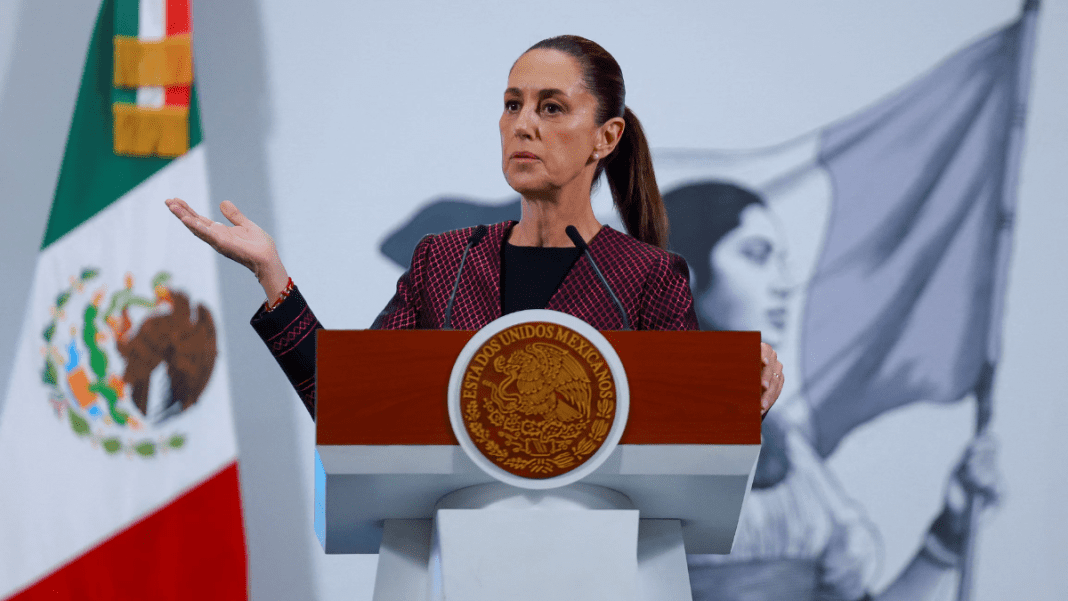Mexican migrants have taken a major step by filing 30 complaints with the United Nations, accusing the United States Immigration and Customs Enforcement (ICE) of violating the rights of migrants. This action has drawn international attention to the treatment of Mexicans in ICE detention centers and highlights growing concerns about human rights abuses abroad.
Mexican Migrants File 30 Complaints with UN Over Alleged ICE Abuses
During a press briefing, Mexican officials confirmed that they had officially submitted the complaints and emphasized that the country’s consular network in the United States actively helps Mexican migrants access legal support. The network connects migrants with lawyers, provides guidance on their rights, and offers resources to help them defend themselves against alleged mistreatment.
The complaints allege discrimination, poor living conditions in detention facilities, and what Mexican authorities describe as criminal treatment of their citizens. These claims come as human rights organizations, civil society groups, and international observers increasingly question ICE’s practices.
Terror returns to Sinaloa — 13 cartel gunmen killed in one of Mexico’s deadliest clashes this year
Mexican Officials Highlight Human Rights Concerns for Mexican Migrants
Mexico’s authorities have strongly condemned what they describe as unfair treatment and discrimination against Mexican migrants in the United States. They emphasized that Mexican migrants contribute significantly to both the US and Mexican economies and deserve recognition and respect for their work.
Officials highlighted that roughly 40 million people of Mexican origin live in the United States, with around 90% residing legally. Many migrants work in agriculture, construction, and service industries, sectors that are critical for local economies. Authorities stressed that these workers are essential in sustaining parts of the US economy and that their contributions should be recognized.
Supreme Court lifts limits on Trump’s immigration raids, sparking outrage in California
A major concern raised in the complaints is the treatment of Mexican migrants in ICE custody. According to Mexico’s Foreign Ministry, at least 10 Mexican nationals died in ICE detention between January and October of this year. These deaths have prompted calls for international scrutiny to ensure the safety and human rights of migrants in detention.
In addition to filing complaints, Mexico continues to provide practical support to Mexican migrants. This includes legal aid, guidance on their rights, and efforts to prevent discrimination. Authorities stressed that protecting the dignity and safety of Mexican migrants is a priority.
Remittances and Economic Contributions Underline Importance
Mexican officials also highlighted the economic role of Mexican migrants in the United States. Despite challenges faced by migrants, the total remittances sent back to Mexico this year have remained stable, matching levels seen in 2022. These remittances support families, local economies, and communities across Mexico, demonstrating the significant impact of Mexican migrants abroad.
The officials emphasized that dialogue between Mexico and the United States remains ongoing. While disagreements exist, Mexico stressed the importance of resolving conflicts through responsible discussion and coordination. Filing complaints with the United Nations is part of this approach, aiming to address human rights concerns while maintaining diplomatic communication.
Authorities repeatedly emphasized that migrants should be recognized not only for their labor but also for their broader contributions to society. Every Mexican migrant living and working in the United States deserves dignity, protection under the law, and fair treatment without discrimination.
The combination of filing complaints, providing legal support, and highlighting the economic contributions of Mexican migrants represents a significant effort to draw international attention to alleged abuses. Mexican authorities continue to work to safeguard the rights and well-being of their citizens while maintaining open channels for dialogue with US officials.

